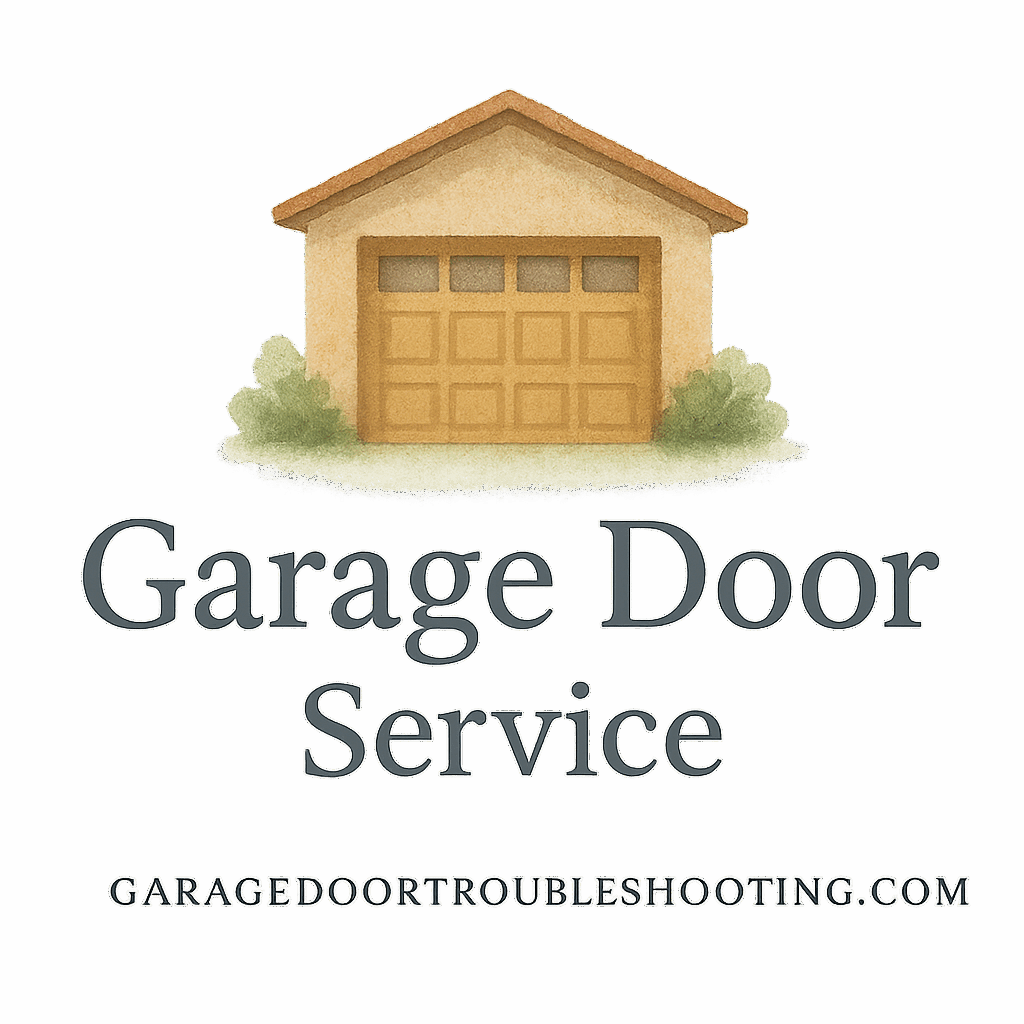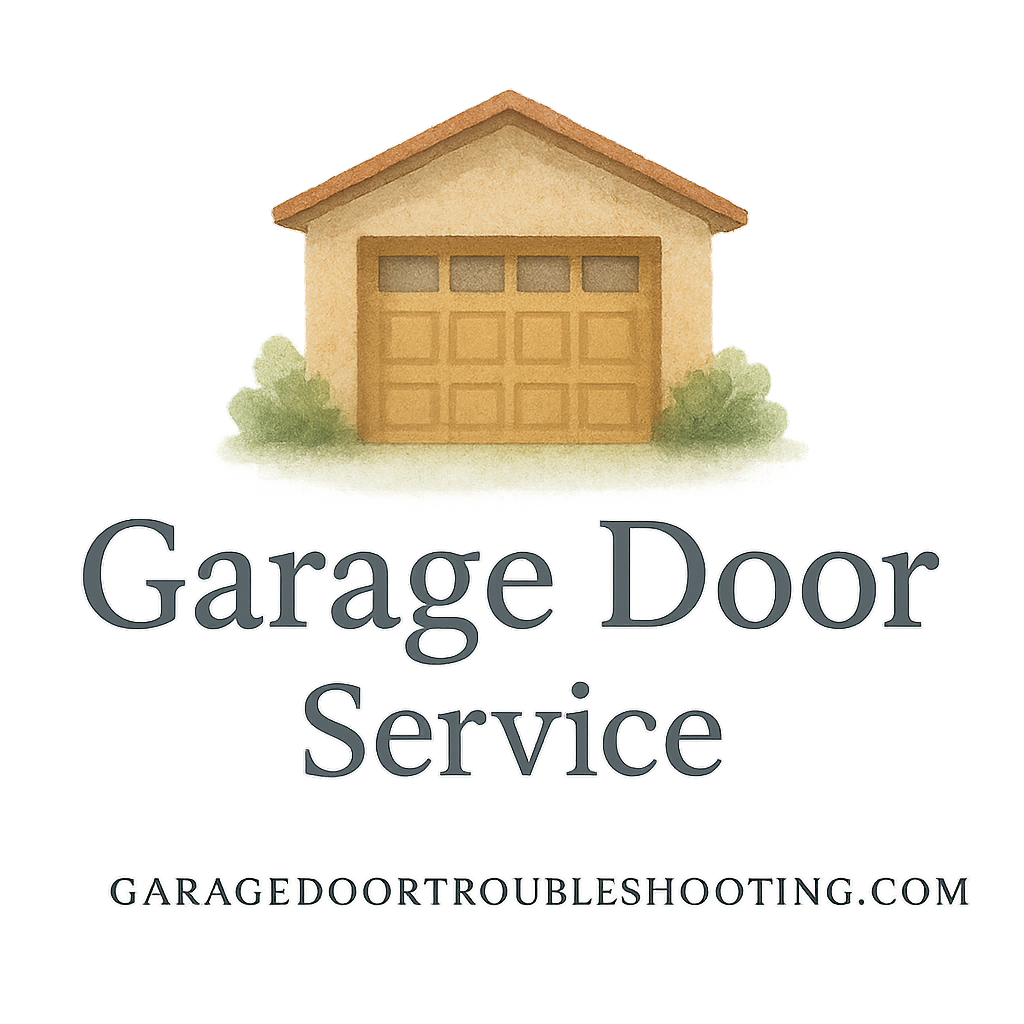Introduction: The Dangers of DIY Garage Door Repairs
Let’s face it—DIY is cool. There’s nothing more satisfying than fixing something yourself and saving a bit of money. But when it comes to your garage door? Some jobs are just too risky. Sure, a squeaky hinge or a loose screw? Go ahead. But some garage door repairs are downright dangerous and should never be tackled alone.
In this post, we’ll walk you through 5 garage door repairs you should never DIY, why they’re so risky, and what you should do instead. Trust us—your safety (and your bank account) will thank you.
1. Torsion Spring Replacement
Why Torsion Springs Are So Dangerous
Torsion springs are the muscle behind your garage door. They do the heavy lifting—literally. And they’re under an incredible amount of tension. If they snap while you’re trying to replace them, they can cause severe injury or even death.
Real Risks of DIY Spring Work
People think, “I’ll just loosen the bolts carefully.” Famous last words. One wrong twist, and those tightly wound springs can uncoil with the force of a slingshot. Broken jaws, busted hands, and even permanent disabilities are all possible outcomes.
Still tempted? It’s not worth it. This is why spring replacement is listed under dangerous repairs.
Professional Help Is a Must
Hire a pro. They’ve got the right tools and training to handle this with surgical precision. Learn more in our guide on professional garage door services.
2. Garage Door Opener Electrical Issues
Why You Shouldn’t Tinker with Wiring
Messing with garage door opener wiring is like playing electrician without a license—and that’s asking for trouble. Crossed wires can lead to electrical fires, fried circuits, or even shocks.
Signs You Need an Expert
- Opener not responding
- Flickering lights
- Burnt smells or sparks
Don’t risk frying your entire garage opener. Check our repair guides for more information.
3. Track Realignment and Panel Replacement
Complexity Behind the Rails
If your garage door starts going crooked or jerks while opening, chances are the track is misaligned. These metal rails are precision-designed, and getting them back in alignment isn’t just about screwing them in tighter.
How a Misaligned Track Can Wreck Your Door
A slightly off-track door can ruin the rollers, panels, and motor. And if you try to force the door shut? You could bend the panels beyond repair.
Better solution? Read our installation advice and call an expert.

4. Cable Repairs or Replacements
Why Cables Are More Dangerous Than You Think
Like springs, cables are under high tension. If a cable snaps during a DIY job, it can whip around with serious force. Injuries happen fast and without warning.
Cable Tension Can Cause Injury
These cables work in tandem with springs to balance your garage door. Even a small error in cable tensioning can lead to the door slamming shut—or worse, falling off track.
Don’t try to re-thread or replace them alone. Refer to our section on safety and security for peace of mind.
5. Roller Replacement on Heavy Garage Doors
Risks of Lifting a Door Without Support
Rollers help your garage door glide smoothly. But replacing them means removing the door—often weighing over 200 pounds. One slip and the door could crash down on you.
Roller Errors = Door Damage
Even if you avoid injury, improper roller replacement can cause the door to jam, twist, or warp. Check out our tag on garage door repair to learn the right approach.
Why DIY Garage Door Repairs Seem Tempting
We get it—DIY feels empowering. YouTube makes it look easy. But not every “how-to” video shows the reality behind the lens.
Garage doors involve mechanical, electrical, and structural elements—it’s not just about tools. You need technical skill and safety knowledge.
Hidden Costs of DIY Repairs
Think DIY saves money? Not always. Mistakes can cost more than hiring a pro:
- Broken parts from improper repairs
- Medical bills from injuries
- Higher costs when pros have to fix your fix
Our buying guide can help you make smarter, safer repair choices.
Benefits of Hiring a Professional Garage Door Service
Experience Saves Time and Money
Professionals know how to diagnose the issue fast. They’ve seen it all and bring the right tools and parts on the first visit.
Long-Term Safety and Reliability
When you hire a reputable service, you’re buying peace of mind. Your door is safer, quieter, and more reliable.
Visit our page on trusted garage door service providers to find local experts.
What to Look For in a Garage Door Repair Expert
- Certified and insured
- Strong reviews
- Clear pricing
- Offers warranty
- Specializes in your door type
Bonus tip? Ask the right questions before hiring anyone.
Pro Tips for Safe Garage Door Maintenance
Know When to Call a Pro
If you hear grinding, popping, or feel resistance—pause. Don’t force it. A quick professional inspection can save you hundreds.
Safe DIY vs. Risky DIY
Safe DIY:
- Lubricating rollers
- Cleaning tracks
- Tightening visible screws
Risky DIY:
- Anything under tension (springs, cables)
- Structural work
- Motor repair
For more tips, check our garage door maintenance advice.
Conclusion: Stay Smart, Stay Safe
Some garage door repairs just aren’t worth the risk. No matter how handy you are, it’s best to leave springs, cables, rollers, track realignment, and electrical fixes to the pros. Your garage door might seem simple, but trust us—it’s not a weekend DIY project.
Remember, garage door safety is home safety. Think smart, stay safe, and don’t hesitate to call the experts when things go sideways.
Want to learn more? Visit our homepage: Garage Door Troubleshooting
FAQs
1. Can I replace a garage door spring myself?
No—this is one of the most dangerous repairs. Torsion springs are under extreme tension and should only be replaced by trained professionals.
2. How much does professional garage door repair cost?
It depends on the issue. Most repairs range from $100 to $500. It’s cheaper than a hospital bill!
3. What maintenance can I do myself?
You can lubricate moving parts, tighten bolts, and visually inspect tracks. See our DIY tips.
4. How do I know if my cables are damaged?
Fraying, visible wear, or door imbalance are common signs. Call a pro immediately.
5. Is it safe to fix a misaligned garage door track?
Not really. One wrong move can damage the entire system. It’s best handled by a garage door specialist.
6. What if my door opener smells like it’s burning?
Turn it off and call an expert. You could have wiring issues or a motor that’s overheating.
7. Are there childproofing options for garage doors?
Yes! Read about childproof safety measures to keep your family safe.


